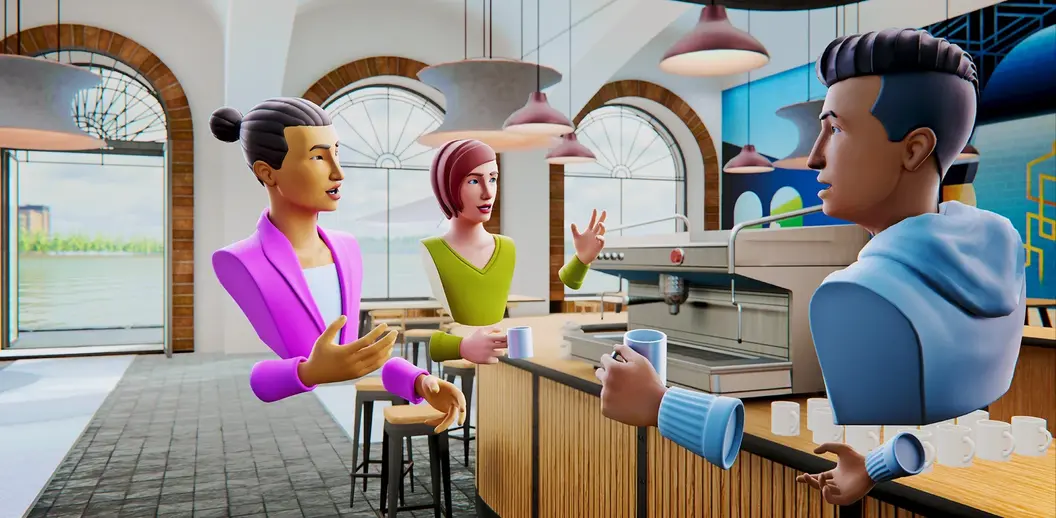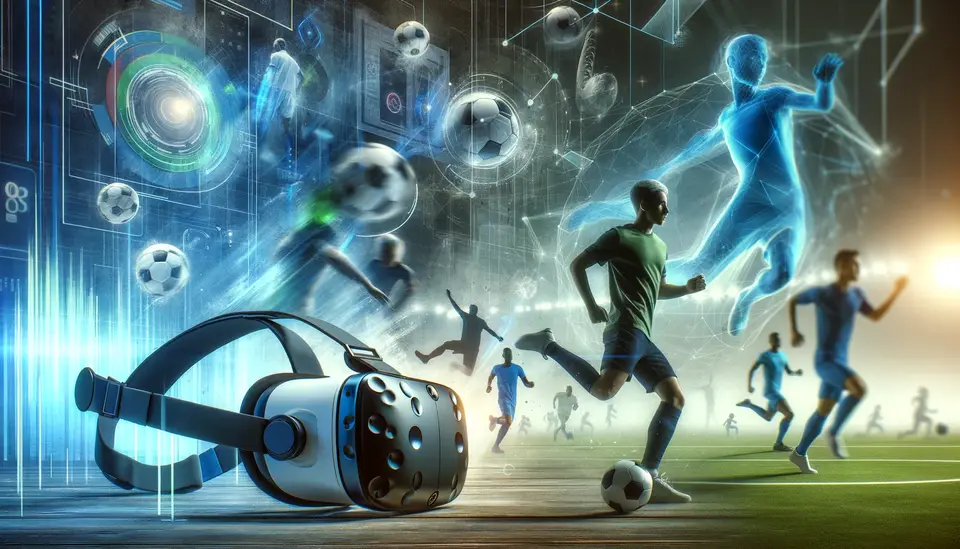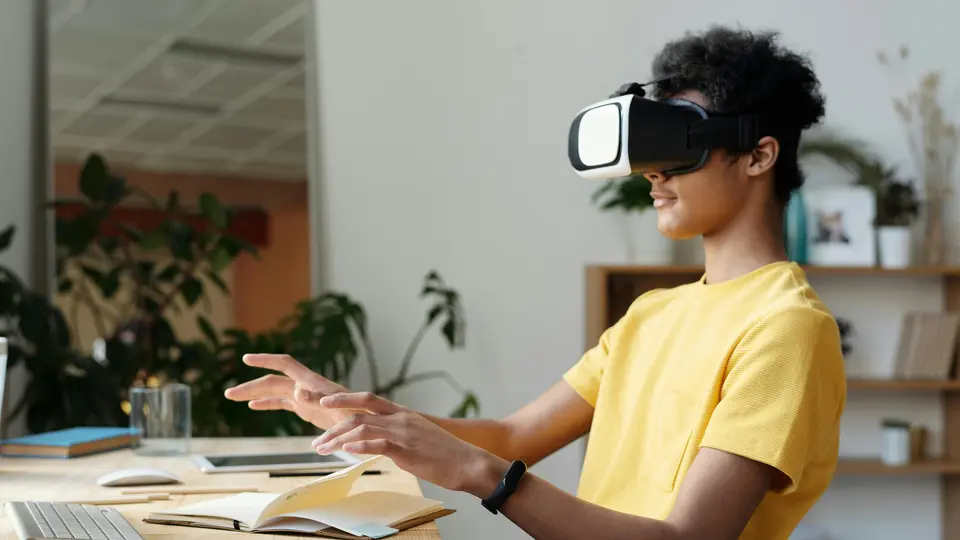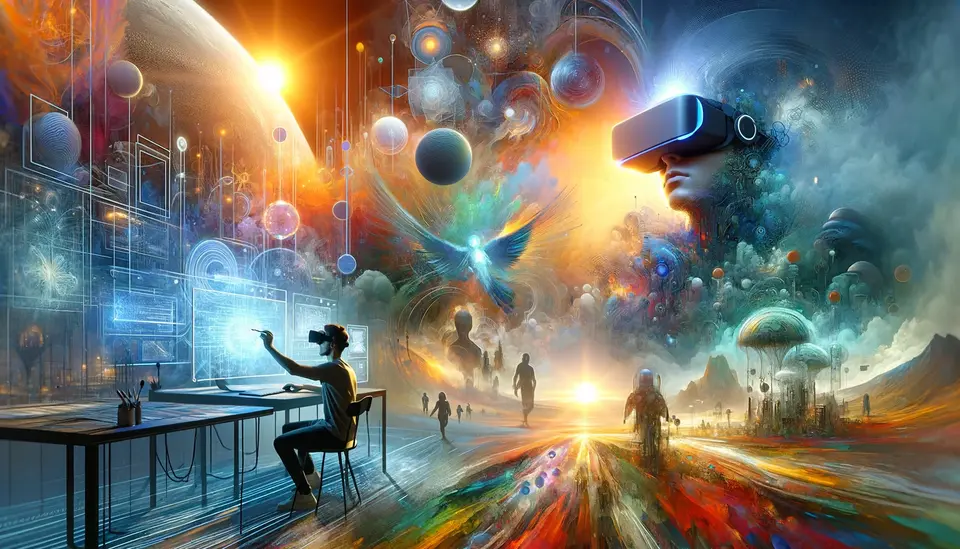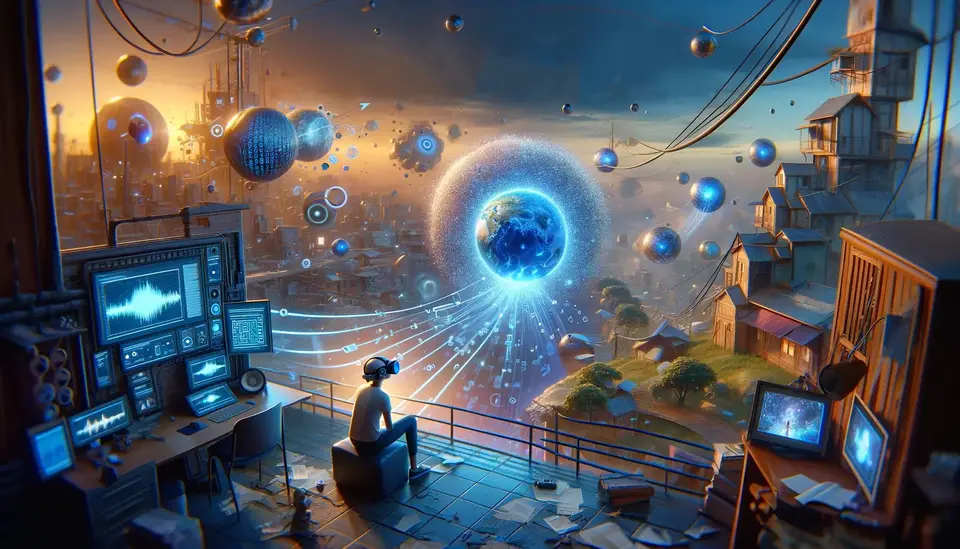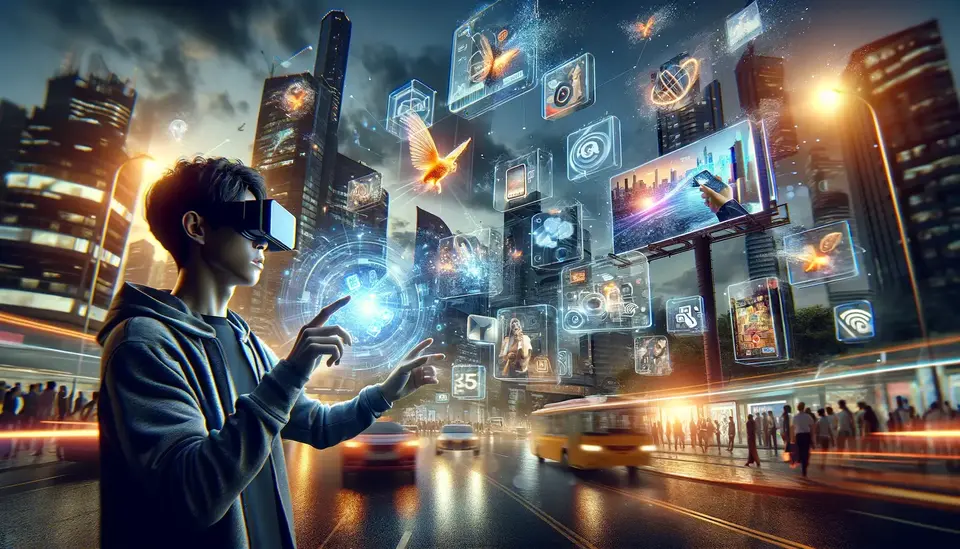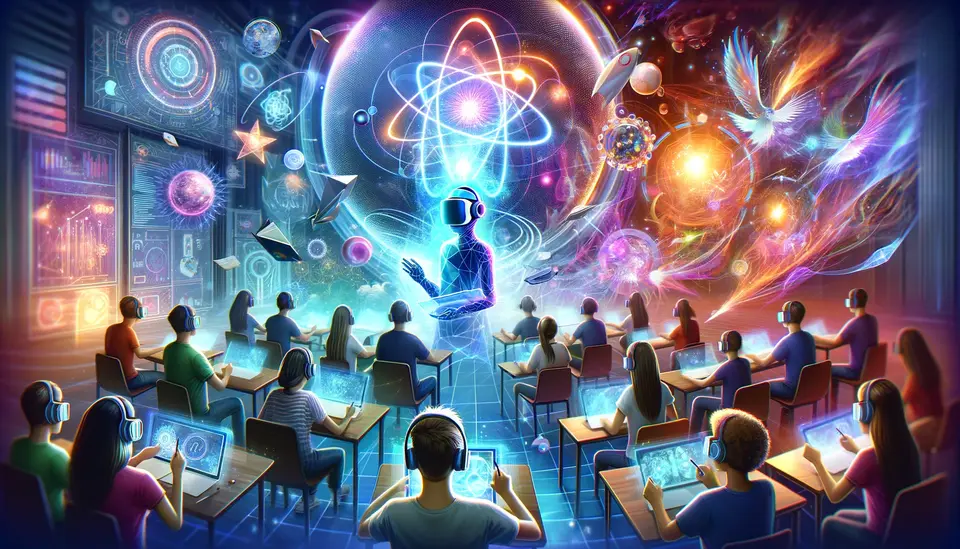The Cultural and Societal Implications of Virtual Reality (VR)
Posted on April 29, 2023 3 minutes 615 words
Table of contents
Virtual reality (VR) has rapidly emerged as an immersive technology that is reshaping the way we interact, communicate, and experience the world. With applications spanning from entertainment to education, therapy, and communication, VR is quickly becoming an integral part of our daily lives. In this blog post, we will explore the cultural and societal implications of VR, examining its potential impact on human behavior, social norms, and global culture.
Shifting Social Interactions and Communication
VR enables new forms of social interaction by allowing people to engage with others from around the world in virtual environments. Platforms like VRChat and AltSpaceVR have created vibrant communities, where users can attend events, meet new people, and foster connections without the constraints of physical distance.
However, as more people turn to VR for social interaction, concerns regarding addiction and isolation arise. Some argue that virtual interactions might erode traditional face-to-face communication, while others see the potential for VR to create a more inclusive and diverse global community. The key lies in finding a balance between embracing the potential of VR and maintaining healthy offline relationships.
Redefining Artistic Expression and Creativity
VR empowers artists, musicians, and creatives to showcase their work in entirely new ways. VR art galleries, such as the Museum of Other Realities, enable users to interact with and appreciate art in a more immersive manner. Similarly, musicians have started hosting virtual concerts, breaking the barriers of geography and capacity.
This democratization of artistic production and consumption has the potential to redefine the cultural landscape, allowing a wider range of voices and experiences to be shared and celebrated.
The Impact on Education and Learning
Education is being revolutionized by VR, offering immersive, hands-on learning experiences that can transform how we acquire knowledge. VR language learning apps like Mondly help users practice speaking and listening skills in a simulated environment, while history lessons come alive through immersive experiences like the Anne Frank House VR.
However, the digital divide and issues of accessibility may hinder some from benefiting from these advances in education. It’s crucial to address these challenges in order to ensure equitable access to the benefits of VR technology.
VR as a Tool for Empathy and Cultural Understanding
Virtual reality (VR) has the potential to foster empathy and understanding by allowing users to immerse themselves in the lives and experiences of others from diverse backgrounds. By simulating daily life and highlighting cultural heritage and challenges, VR can promote greater sensitivity and empathy towards different cultures and ways of life, ultimately bridging cultural gaps and reducing prejudice in our increasingly globalized world. Overall, VR is an exciting area of innovation that continues to evolve and hold promise as a tool for promoting empathy and cultural understanding.
Ethical Considerations and Privacy Concerns
The widespread adoption of VR raises ethical dilemmas, such as surveillance, data privacy, and the impact on mental health. As we integrate VR into our lives, it is crucial to develop responsible use guidelines, legal frameworks, and ethical considerations that protect users and address these concerns.
Engaging in critical and informed public discourse is essential for navigating the potential benefits and drawbacks of VR technology as it continues to transform our world.
Conclusion
The cultural and societal implications of virtual reality are vast and varied, offering opportunities for connection, creativity, and understanding. As we continue to embrace and explore the potential of VR, it is crucial to balance its benefits with potential drawbacks, fostering responsible development and use. By engaging in ongoing conversations about VR’s impact on our collective future, we can ensure that this technology empowers us to create a more connected, empathetic, and diverse world.

